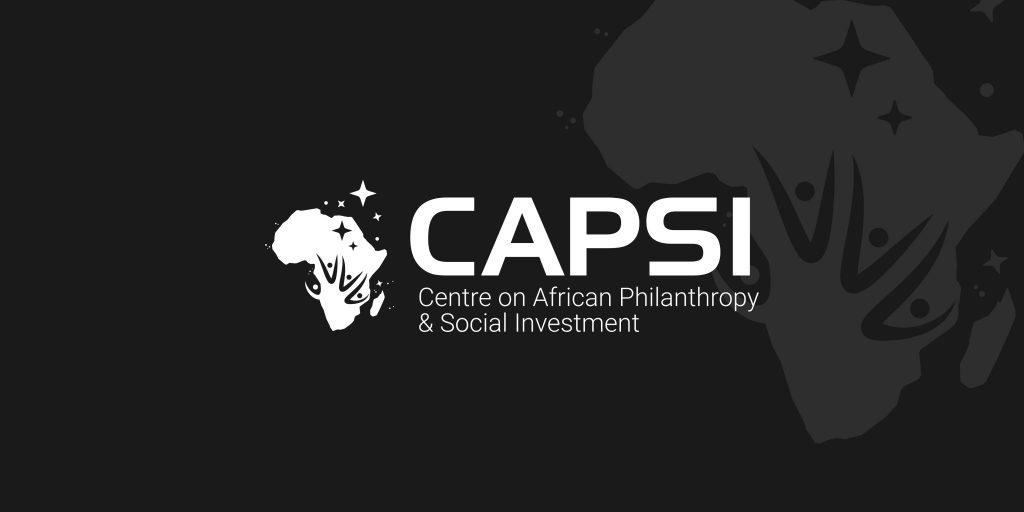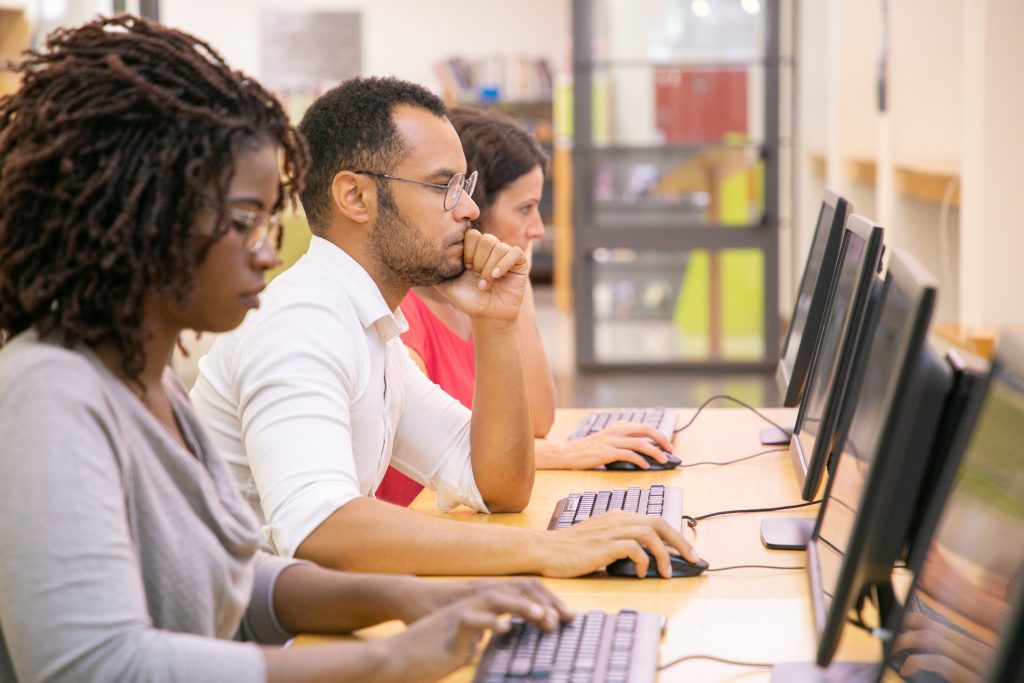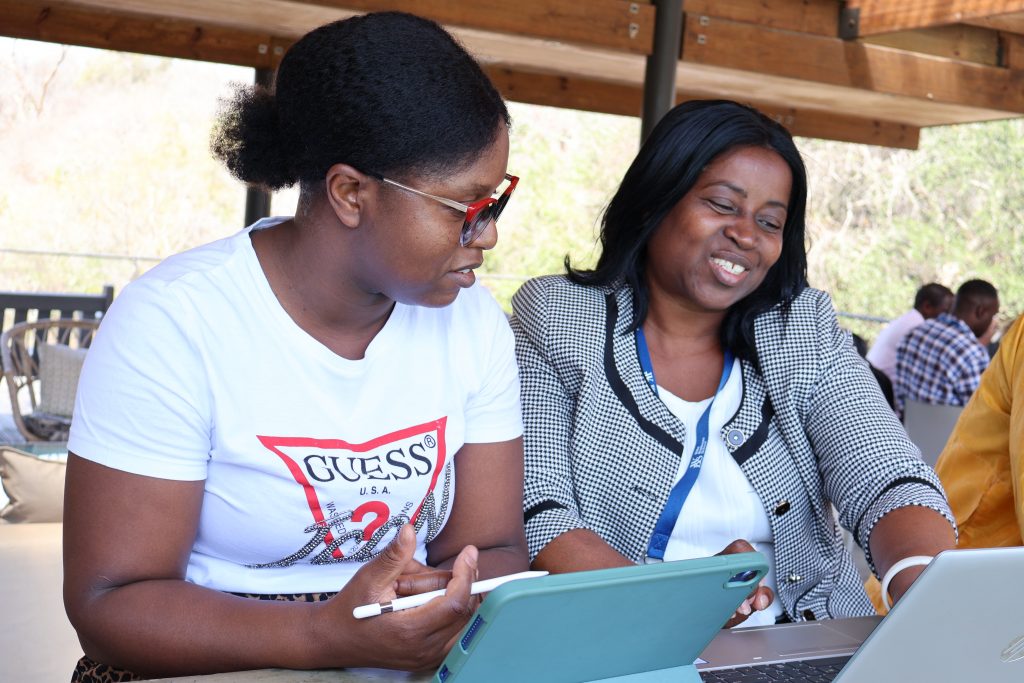Jacob Mati
Over a decade ago, the late eminent African political economist, Thandika Mkandawire, invoked the ghost of Mwalimu Julius Nyerere in framing his inaugural lecture as the first ever Professor and Chair of African Development at the London School of Economics and Political Science, when he argued that in response to the many challenges that Africa has faced over the years and still faces today, she will have to ‘Run while others walk.’ This ‘Running’, Mkandawire noted, requires “radical rethinking of institutions of collective response to the many challenges about the generation and mastery of the knowledge up to the task, once again placing the universities at the centre of the continent’s development efforts.”
CAPSI’s establishment a few years ago was, in a sense, one of the many efforts at centring the university at the heart of Africa’s development. Nothing demonstrates this better than the positioning of our academic offerings. These aim to build the skills of a new generation of African experts, researchers, academics and leaders in philanthropy, social investment, and related disciplines, especially as they relate to critical resources required for Africa’s development. Our academic offerings therefore concentrate on equipping our graduates with the necessary skills to enable them to contribute and steer Africa’s philanthropy and development sector more broadly by seeking answers to critical development resourcing questions.
To this end, the year 2024 ends on a positive note on a number of fronts. First, we have had two PhD students qualify this year. Congratulations to these new PhDs graduates: Dr Nana Asantewa Afadzinu and Dr Ngoni Chipato. In addition, the first five students of our inaugural cohort of the Master of Management in African Philanthropy qualified. In this regard, congratulations to Lelentle Motaung, Lindelwe Mapurisa, Zanale Makombe, Dephney Nemakhavhani, Lindelwe Mapurisa, and Rapiya Lithakazi. We look forward to the remaining four students in this inaugural class completing their research reports and qualifying soon. 2024 also saw 13 students from the third cohort of the Postgraduate Diploma in Philanthropy and Resource Mobilisation (PDM PRM) successfully complete their programme, while two more from previous cohorts returned to complete their studies. Congratulations to all.
The Centre, in addition to offering courses, has also risen to the occasion and sponsored students who would otherwise not have completed their studies due to resource distress. In this regard, we funded two master’s level students (one a staff member pursuing Master of Arts in Applied Linguistics and pursuing research on “Language, Power, and Philanthropy” and another Master of Management in African Philanthropy (MM AP) student – both are on course to complete their studies). The other student we supported is a PDM PRM student who has successfully completed his studies. This support for the three students is in addition to the more traditional PhD student support offered under our different donors. These fellowships have offered opportunities for these students and the Centre to contribute to knowledge, networking, partnerships, and are motivations for innovations and community engagement across the continent. We hope to build on these in our continued endeavour at creating a community of African researchers and academics in the sector.
The urgency of CAPSI as an African institution having to ‘run while others walk’ is demonstrated not only by the number of the different types of academic offerings the Centre offers but also by the need to disseminate knowledge generated through our programmes, especially by our Post graduate Diploma, Masters, and PhD students, as well as the postdoctoral scholars. To this effect, we have had several of our students present their research at various forums. For example, 15 students in the various programmes (PhD, MM AP and PDM PRM) presented their research at the African Philanthropy Conference in Victoria Falls, Zimbabwe, as well as one at the Resilience Urban Communities conference at Strathmore University in Nairobi, Kenya. These papers are currently under review for possible publication through various platforms and outlets. We congratulate all these students for their efforts and contributions to building knowledge in the sector.
A critical question emerges though: besides producing knowledge and graduates, how is the Centre impacting the African (and wider) philanthropy and higher education sector? Our answer to this question emerges from looking at where our graduates have been going to practice their skills. To this end, we have seen some of our graduates move jobs to become senior executives in the philanthropy sector both globally and locally, while others have joined from other sectors, both vertically and horizontally. We have also witnessed organisational entrepreneurship in practice as some members of the second cohort of the PDM PRM programme have formed a youth-focused philanthropy organisation. Perhaps, as an indicator of retention of some of our PhD graduates in the academy to pursue research on philanthropy sector-specific matters, two of our researchers in the nonprofit sector’s contribution to dignified and fulfilling jobs for African youth project are former CAPSI-supported PhD fellows who have since graduated. Additionally, the two postdoctoral fellows who have been working on the RUC project were both supported by CAPSI in their student days. This is in addition to three other former CAPSI PhD students or CAPSI sponsored students who now teach various courses in our programmes while many more are engaged as research associates in our various ongoing research programmes.
In addition to formal academic programmes, the Centre offered our signature annual doctoral writing workshop at the Mpumalanga Wits Rural Facility in September. This hosted 38 PhD students drawn from various universities across the continent.
In the coming year, we hope to build on these successes and continue ‘running’ as we grow the Centre’s offerings as well as deepen and broaden students’ engagement in disseminating knowledge generated from research and practice. More importantly, we hope to build on these successes in revamping our Masterclass offerings which were not as active during the year due to staffing constraints.





